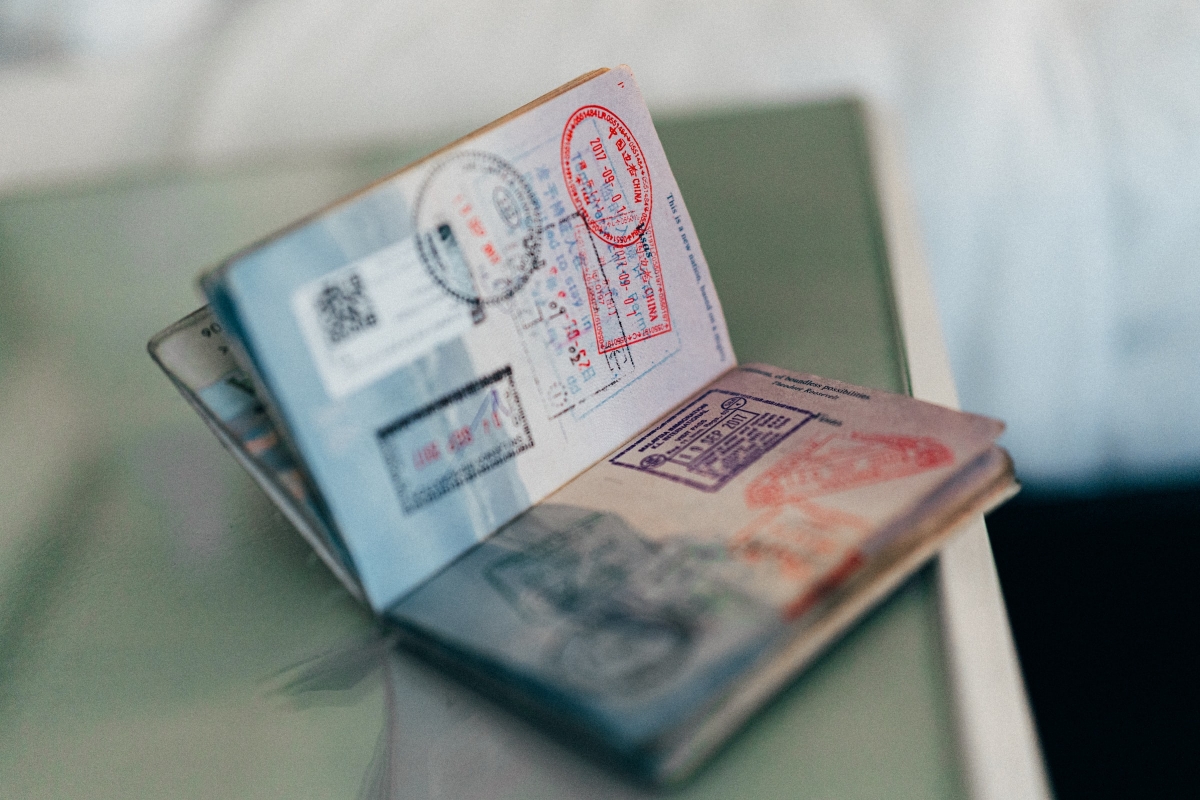With the ever-evolving outbreak around the world, authorities all over the world have taken it upon the wellbeing of their citizens to suspend flights and shut down their borders, including Australia. Prime Minister Scott Morison announced Australia’s plan to close its borders to non-citizens and non-residents from 20th March onwards. The pandemic has also seen the shutdown of many international borders and the cancellation of flights.
In February 2020, Government figures reported that there are 593,718 international students enrolled in Australia, with 281,000 students enrolled in Victorian institutions.
The ban imposed means that international students leaving the country during this period would risk not being able to return until the ban is lifted.
Victoria has eased the lockdown to gatherings of no more than five people indoors and 10 outdoors, but universities still continue to do online courses. As such, many students will continue to engage in online classes for the remaining of the semester.
Some students are having trouble coping with a brand-new mode of content delivery. While reducing their course load is a viable option, there are many implications that come with it:
A delayed graduation.
Paying an additional semester’s worth of rent.
Applying for a new visa.
The second-year Bachelor of Science student from China, Helen Zhang is facing similar situations. She is having difficulty adapting to online classes.
“It’s difficult to adapt to online study. It is very different learning online and having face to face classes. It’s also very easy for me to fall behind and not keep up with my classes for the week,” she said.
Helen ended up dropping a subject and reducing her study load to focus on the remaining subjects.
“Self quarantine and online learning is stressful. It’s affecting my mental health. My family supports me and tell me to take things one step at a time and I agree with them.”
“It is better to focus on the other subjects [and enrol in the subject again] when face to face classes resume,” she added.
University of Melbourne students can submit a request to reduce their study load if they feel that COVID-19 has impacted their ability to do all of their classes this semester. Students can take a leave of absence for the remainder of the semester if they are returning to their home country. Other Victorian institutions such as La Trobe University and RMIT University also allow a reduced study load to help international students during this pandemic.
Due to Helen’s application, extending her study would mean that Helen needs to extend her Confirmation of Enrolment (COE) and student visa because of a change in her course end dates.
When asked if she is familiar with the visa process, she reluctantly said that she would figure it out one step at a time.
Michael Moeidjiantho, a migration agent at RACC, said that many students are seemingly unfamiliar with the steps required for extending their education in Melbourne and turn to professional migration service like his for help.
“Some students think that the university will help them, but this is not correct,” Michael explained.
“They don’t want to go home at the moment because they are scared to go on the airplane [because of COVID-19] and some of their flights have been cancelled” He added.
However Michael reassured that the government is taking steps to becoming more flexible in extending the visas.
The Department of Home Affairs website stated that “[t]he Government is taking a flexible approach in relation to student visa conditions … such as attendance at class or use of online learning.”
Previously, maintaining a certain percentage of class attendance based on their enrolled institute is part of the criterion of their student visa.
According to Michael, international students in the vocational studies or Technical and Further Education (TAFE) are most affected as these students are working during the duration of their course.
International students have lost their jobs during the COVID-19 outbreak and many do not have the financial capability to support themselves here. Some return to their home country and postpone, and some cancel their studies as well.
He encouraged those in Working Holiday visas or Tourist visas who are unable to return to their home country due to travel restrictions to “apply for a Visitor visa if they are unsure what they want to do next.”
For those working in critical sectors, Michael said that “[the Australian Government is giving] an extension for those in health, aged care, child care sectors so they can extend their stay in Australia [for] up to 6 months.”
COVID-19 has left international students in Australia with questions about their education. The looming uncertainty has made it difficult for students to decide on their next step in terms of their education and future in Australia.
Michael advised that students seek a professional service if they are unsure of how to extend their visa properly. As such, it ensures that students can remain in Australia lawfully.
While Helen understands the importance of social distancing, she stresses that “it is affecting my mental health and because I do not get any interaction with my friends.”
During this unprecedented time, know that it is okay to feel anxious and lost. Students facing difficulties should approach their various institutions for support.
You can find important visa information from the Australian Government here.
If you have any visa-related questions, you can book a free consultation with RACC here.
In 29 April 2020, the Victorian Government announced a $45 million fund to support international students in Victoria facing hardship as a result of the coronavirus (COVID-19) pandemic. The fund is being delivered in partnership with Victoria’s tertiary education providers. Head to StudyMelbourne to learn more
Meld strongly advises international students to abide by social distancing practices during the Covid-19 pandemic.
If you need any help and questions send us a message at meld@meldmagazine.com.au or contact your respective state’s Study Australia Partners.

